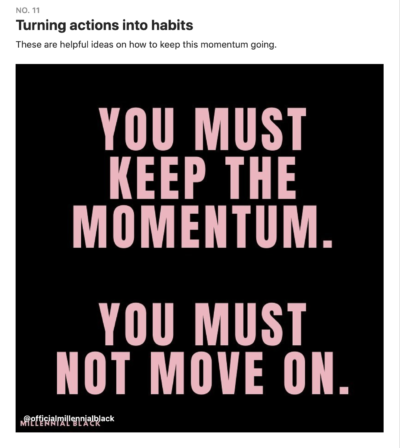I was invited by People Management to write a piece about The Glass Cliff, asking if women’s soft skills are to blame for the phenomenon playing out.
My conclusion – rather than overlooking and dismissing the importance of soft skills, usually associated with women, we should instead recognise skills such as Emotional Intelligence, Authenticity, and Empathy for what they really are – essential skills for people of all genders in a modern working landscape.
Rather than asking women or anyone with a strong set of soft skills to tone that skillset down, I would ask businesses to reassess the value of those skills in the workplace.
To use empathy as an example, Forbes recently reported that demonstrating the skill is a ‘strategic imperative in business’, with further research from Catalyst showing that three in five (61 per cent) of people surveyed with highly empathic senior leaders report often or always being innovative at work, as compared to only 13 per cent of those with less empathic senior leaders.
Furthermore, 76 per cent of people surveyed with highly empathic senior leaders report often or always feeling engaged, compared to only 32 per cent of those with less empathic senior leaders.
Working with a leader who displays empathy allows people to be more innovative, to dream bigger and to take more risks in the hope of greater reward for the business – to such a degree that the researchers at the World Economic Forum concluded that “cultivating empathetic leadership is an effective strategy to respond to crisis with the heart and authenticity that many employees crave – and boost productivity”.
The same can be said to be true for EQ. The World Economic Forum looked at the impact of emotional intelligence in the workplace and what it found was incredible. When the WEF tested emotional intelligence alongside a set of 33 other workplace skills, it discovered that EQ was the ‘strongest predictor of performance, explaining a full 58 per cent of success in all types of jobs’.
The WEF found that 90 per cent of top performers scored highly in emotional intelligence, versus only 20 per cent of bottom performers, noting that: ‘You can be a top performer without emotional intelligence, but the chances are slim.’
Not only are professionally successful people likely to have a higher EQ, there is also an incredibly strong relationship between the skill set and financial rewards, with the research finding that those workers with a high EQ make, on average, $29,000 more per year than their less emotionally intelligent counterparts.
The link is so strong and direct that every point increase in emotional intelligence adds $1,300 to an annual salary: a finding that remained true for people in all industries, at all levels, in every region of the world. The researchers noted that they “haven’t yet been able to find a job in which performance and pay aren’t tied closely to emotional intelligence”.
Sophie Williams, Author The Glass Cliff, Why Women in Power are Undermined, and How to Fight Back




